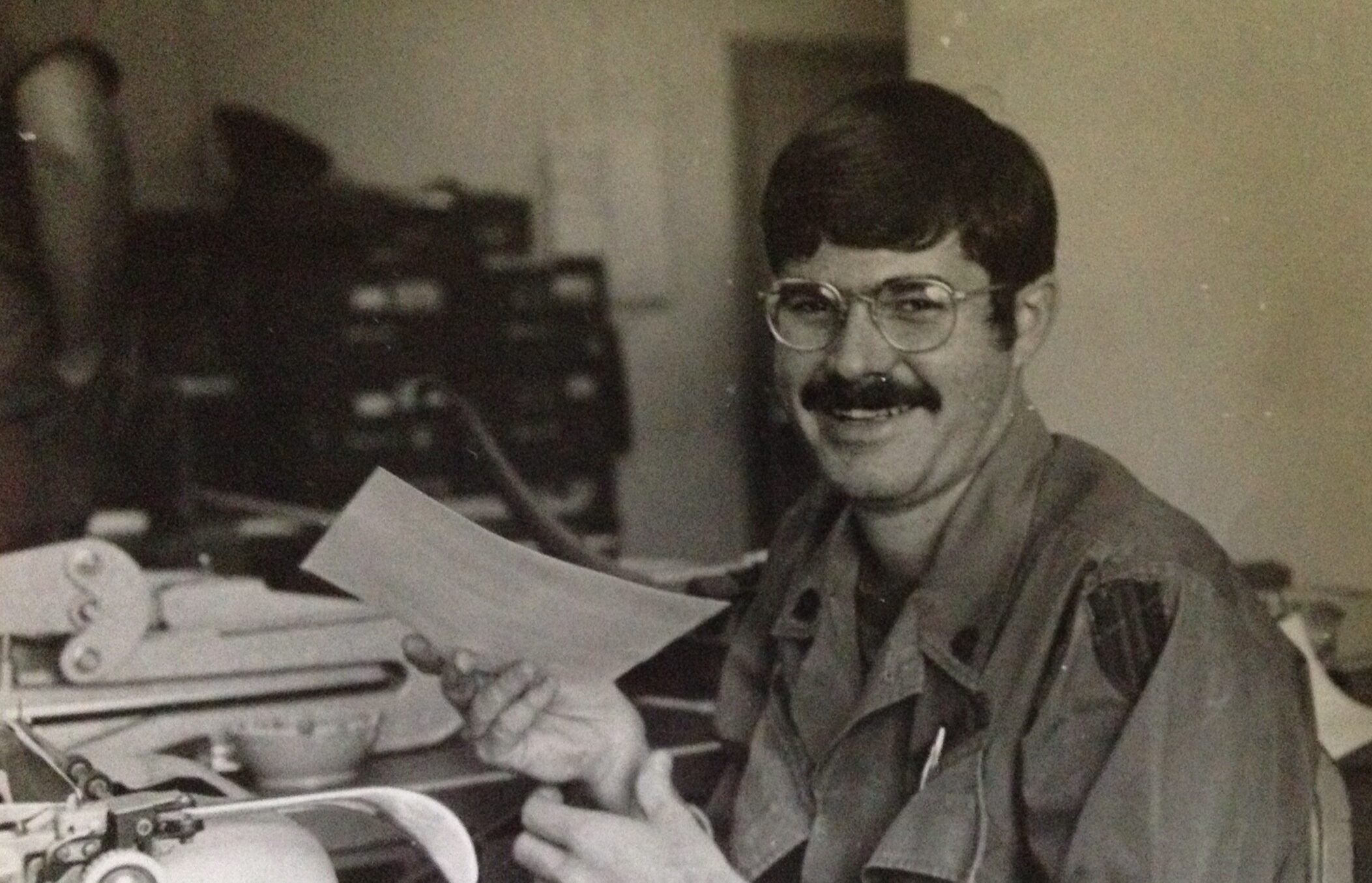If you wade through the fiction of crime novelist George Pelecanos, you’re going to pick up on a lot of throughlines. His work almost always sets itself in and around Washington D.C. and often features blue collar, working class or sometimes paroled protagonists.
Pelecanos has said he wants his bibliography to document his native D.C. across its entire rich history and his new collection, “Owning Up,” is no different.
The four novellas included span the 1919 racial riots, the 1922 Knickerbocker Theater collapse, the brutal 1973 Hanafi house murders (and subsequent retaliation by Hamaas Abdul Khaalis) to modern day D.C.
News with a little more humanity
WPR’s “Wisconsin Today” newsletter keeps you connected to the state you love without feeling overwhelmed. No paywall. No agenda. No corporate filter.
What stands apart in “Owning Up” is how most of the stories are tethered together by autobiographical events in Pelecanos’ own life.
Perhaps even more, the novellas are draped in an aura of reflection on aging and legacy, which Pelecanos tells WPR’s “BETA” have been on his mind these days.
“You’d be disingenuous to say that it isn’t,” he said. “I think the passage of time is the greatest mystery. Death is not the greatest mystery. It’s passing of time. It’s something you think about every day.”
Pelecanos hints at this even in his chosen epigraph. It’s from the 1955 pulp novel “The Wounded and the Slain” from David Goodis that refers to life as a kind of fair ride he dubs “the amusement machine,” which serves as the title for the opening story.
“That’s one of the bleakest passages in noir literature,” Pelecanos said. “We’re all going to die. We’re all going to be in a box someday. Nothing really matters.”
“The Amusement Machine” follows the splintering fates of two parolees who meet in a prison book club. One, Ira Rubin, is a reckless recidivist, whereas Jerrod Williams is fervently set on rehabilitation and seeking out an acting career.
“Ira Rubin has been led down the path by a ne’er do well uncle who had that kind of attitude, like, you don’t need to work; don’t drive a fancy car. None of it makes any difference because we’re all going to be dead someday,” said Pelecanos.
“But it’s a head fake, because by the end of that story, ‘The Amusement Machine,’ you see that what you do in life does matter. It’s the complete opposite of the nihilism in that passage,” he continued.
The piece becomes about the importance of leaving a legacy.
“I wouldn’t be sitting here still writing if I thought everything was hopeless,” Pelecanos said.
The second novella, “The No-Knock,” is ripped directly from the headline of Pelecanos’ life. It’s about an incident concerning his son, Nick.
“Right then, I knew I was going to write about it someday, but I needed time.”
George Pelecanos
“’The No-Knock’ is autobiographical in the sense that it happened to my family. My son committed a crime. I never say he made a mistake — he committed a crime. And the next day, the police did a ‘no knock’ raid on our house,” Pelecanos said. “The first, I guess, about six pages of the novella is completely accurate as to what happened that day. There’s no exaggeration, there’s no falsehood. It’s all in there. And that’s all from my memory. And it happened 15 years ago.”
Pelecanos describes in great detail how he had just sat down in his living room chair one morning with a cup of coffee and his Washington Post when the special police unit showed up.
“I heard tires screeching and I went, looked out the front door window and these guys are all coming into our driveway in vans, and they’re running towards the house with semi-automatic rifles and battering rams. So yeah, I guess you could say it was a shock,” he recalled.
Pelecanos and his family — save for his son, Nick — were all at home and dealt with the fallout of raid including damage to the property. As the S.W.A.T. team was leaving, one of the officers noted Pelecanos’ own books on the shelf in their home. The officer mocked him by saying maybe someday he’d write about this event.
“Right then, I knew I was going to write about it someday, but I needed time. I needed 15 years to elapse because I was waiting to have a sort of a happy ending,” Pelecanos said.
In addition to being a best-selling author, Pelecanos is a pioneer of prestige television. He’s an Emmy-nominated writer for “The Wire” and for “Treme,” a show dealing with the post-Katrina fallout.
Even though he can’t prove it, Pelecanos felt there was a bit of a grievance by the unit conducting the raid given his work on “The Wire,” which deals with, among many other social issues, policing in America.
“They have these meetings before they do the raid, and they talk about the people that might be at the house. So, I’m certain that they knew who I was in terms of, not just writing for ‘The Wire,’ but at the time my books. I do write a lot about police,” he said.
“I do think I was targeted. And in fact, my son’s car wasn’t even here that morning. They know what kind of car he drove. It also said right in the warrant that he never touched a gun. One of his accomplices did. But they raided my house anyway.”
Although the after details differ from the story, the happy ending Pelecanos alluded to occurs in both real life and in “The No-Knock.” Both concern the safety and trajectory for the son.
Nick would serve five years of probation and joined his father on the set of “Treme” as a member of the crew.
“I took him down in New Orleans. I got permission for him to go out of state, and he got his first job on film crew on the show ‘Treme,’ which I was working on, and he’s been in the business ever since,” Pelecanos said. “He’s in the DGA, Directors Guild of America. He’s made a couple films, is respected in this profession, and it all turned out. It’s just a big bump in the road.”
Pelecanos himself knows about bumps in the road. The closing novella, “Owning Up,” sheds light on his close calls to serious crimes in his youth. The author has called it his most autobiographical piece of fiction yet.
“It sort of describes my life in the ’70s as a teenager,” Pelecanos said. “I worked in an appliance store like that. I was a stock boy first, and then they made me as a salesman and so on. And there’s basically a lot of smoking pot, drinking beer, running around in your muscle car and all that stuff.”
Set against the city turmoil after the horrific events of the Hanafi house murders in the late ‘70s, the story follows a young Pelecanos stand-in who gets mixed up with a co-worker’s scheme that graduates from prank to a possible armed robbery.
The story of “Owning Up” advances across time and generally resolves with the protagonist looking back on the events and getting a full understanding of the road they chose.
“It wouldn’t work unless we went forward to him as a 60-some-year-old man, looking back on all this. Hence the title of ‘Owning Up,’” Pelecanos said. “Actually, all the stories are really about that in some way. If you go deep into them, it’s people looking back at the evolution of their souls over the course of their life.”




